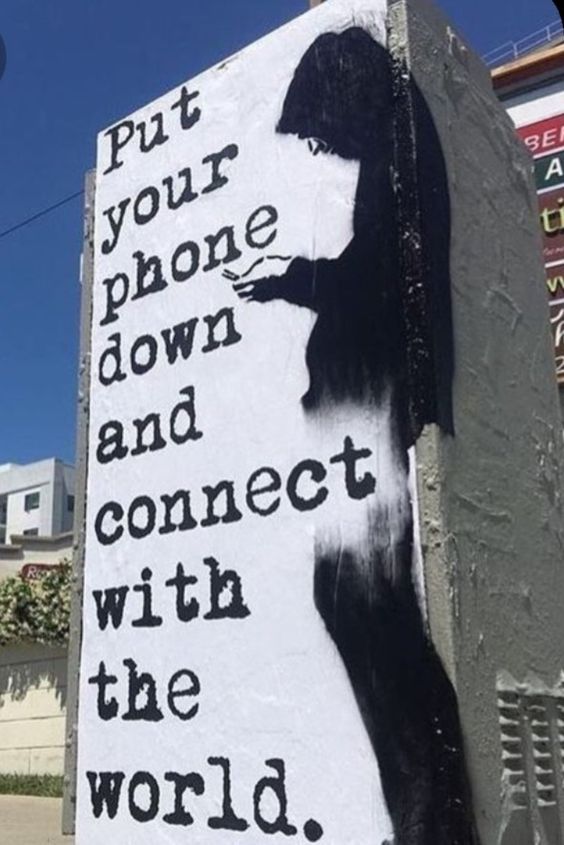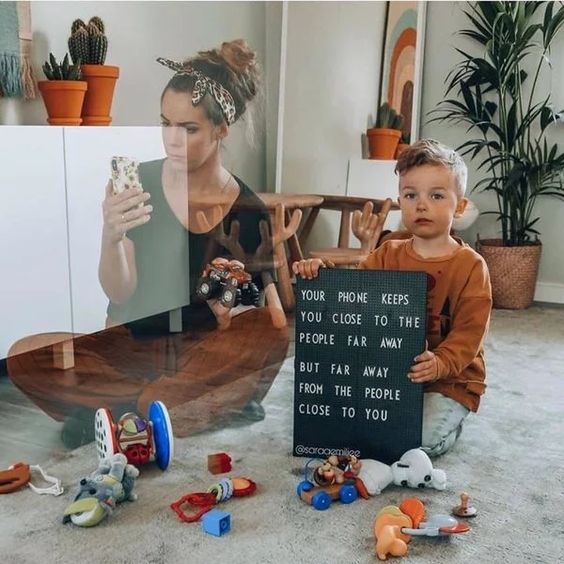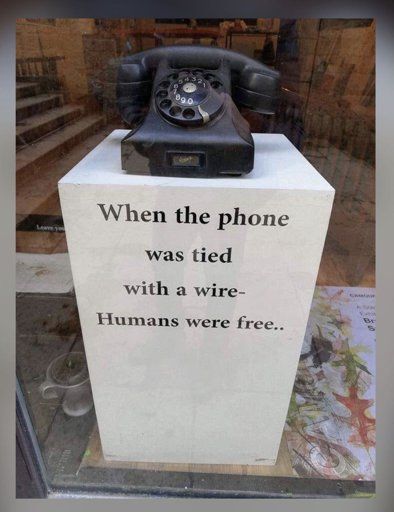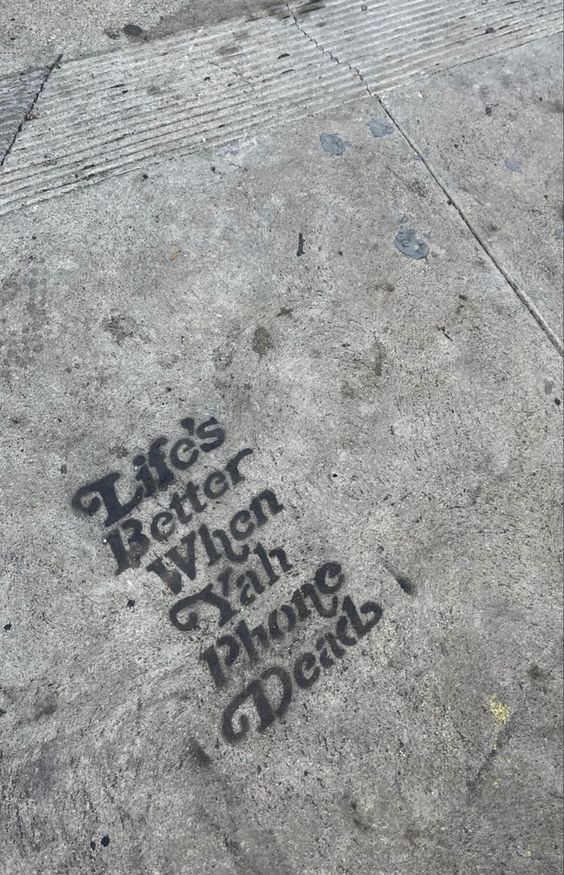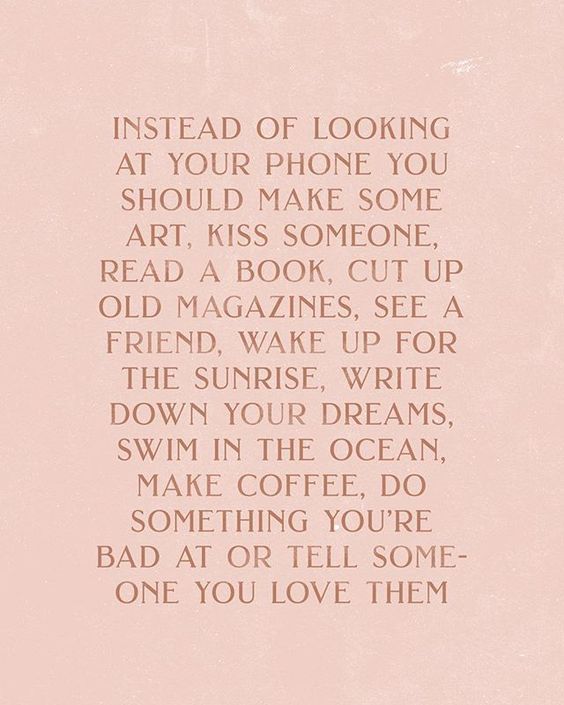“In a bad 1950s science fiction movie, you might see flying jetpacks, invisibility cloaks and ray guns. What we got instead is a device that fits in our pocket. It allows us to connect to more than a billion people. It knows where we are and where we’re going. It has all of our contacts, the sum total of all published knowledge, an artificially intelligent computer that can understand and speak in our language, one of the best cameras ever developed, a video camera with editor, a universal translator and a system that can measure our heart rate. We can look up real time pricing and inventory data, listen to trained actors read us audiobooks and identify any song, any plant or any bird. We can see the reviews from our community of nearby restaurants or even the reputation of a doctor or lawyer. It can track the location of our loved ones and call us a chauffeured vehicle at the touch of a button. And of course, we use it to have arguments. And to watch very short stupid videos.”
Seth Godin
“The moment we find ourselves feeling bored, sad, anxious or complacent we reach for our phones, a prescription or a self-help book. We’ve become terrified of feeling anything negative. I’m not going to point a finger, but if someone held a gun to my head and told me to point a finger, I’d point to Instagram and Twitter and Facebook. I’d say we were due. I’d say that when you have an entire society overly focused on sharing the upper 1% of their days in a virtual world 24/7, we were bound to create some deep-rooted fears and insecurities around negative emotions. Now, we are forced to reap what we have sown.”
Cole Schafer (January Black), One Minute, Please? (Page 64)
“You create the rich or arid landscape of your brain. If you constrict your thoughts to the same obsessions, to the tiny realm of your smartphone, that is the world the you create for yourself. What a waste of this magnificent instrument that you have inherited! But if you attempt to move in the opposite direction, you will notice the opposite dynamic—continual expansion, mental doors opening up in every direction, creative connections and new ideas flooding your brain. You will not want to stop exploring, because your exploration becomes a continuous source of pleasure for the restless energy of the human mind.”
Robert Greene, The Daily Laws (Page 448)
Robin Sharma Quote on Time Management and Prioritizing More Of What’s Important
“You must be ruthless with your time. Learn to say no. Having the courage to say no to the little things in life will give you the power to say yes to the big things. Shut the door to your office when you need a few hours to work on that big case. Don’t pick up the phone every time it rings. It is there for your convenience, not the convenience of others. Ironically, people will respect you more when they see that you are a person who values his time. They will realize that your time is precious and they will value it.”
Robin S. Sharma, The Monk Who Sold His Ferrari
Beyond the Quote (285/365)
The first thing you need to figure out is which things are “small” and which things are “big.” If you don’t know the hierarchy of your tasks, how can you prioritize? How can you know what to say “no” to and what to say “yes” to if you don’t know where anything stands as matters of importance? Let’s take a closer look at how you might figure it out.
Read More »Robin Sharma Quote on Time Management and Prioritizing More Of What’s ImportantHerbert Simon Quote on Attention and How Eyes Communicate Priority
“A wealth of information creates a poverty of attention.”
Herbert Simon, via Stillness is the Key (Page 30)
Beyond the Quote (280/365)
The vast majority of the information that we use to process the world comes in through our eyes. Next most is through our ears. It follows, then, that where our eyes are pointed will determine where the majority of the information that we’ll obtain will come from. If our eyes are pointed at another person, the majority of the information that we’ll end up taking in will come from what we see while looking at that person. And the same is true if our eyes are pointed at a screen, at the road while we’re driving, at a stranger passing us down the street, etc. Eyes communicate priority.
Read More »Herbert Simon Quote on Attention and How Eyes Communicate PriorityPaul Hogan Poem on Capturing Moments (and Maybe When Not To)
“Camera loaded, the light
near sundown blushes
the grey, beat wood
of the boathouse, flashes
along arcs of the waves.
Don’t photograph this. Don’t render it
immutable now. Let it
distort, let it unravel,
reconstruct itself.
This image will retell
this here and now for years,
without conclusion —
It will never change,
it will always be different,
we will never agree. For now,
let the light slip down
around you. Don’t
remember this yet.”
Paul Hogan, Point of Departures (Page 37)
Beyond the Quote (167/365)
In a world where the camera on our phone takes better pictures than most DSLR cameras from just a few years ago, where 4K quality can be held in the palm of one hand and activated with the push of one thumb, where so much of what we see and hear in the world can be so vividly captured and contained within the confines of a memory chip that’s smaller than a penny and backed up by an imaginary cloud—the line between knowing when to be present in a moment and when to capture a moment can become incredibly blurred. Hell, if we wanted to, we could record every moment we ever wanted to and store it into a neat and tidy timeline of moments that could quite literally make up the story of our lives. Rather than our life “flashing before our eyes” at the end, we could playback our lives in a flash with just a few clicks on a computer screen.
Read More »Paul Hogan Poem on Capturing Moments (and Maybe When Not To)Penor Rinpoche Quote on Dealing With Life Now Rather Than Waiting (and Worrying) About It Later
“Life is more difficult if you worry. It’s better to deal with things as they come up.”
Penor Rinpoche, via Turning the Mind Into An Ally (Page 101)
Beyond the Quote (134/365)
I have noticed in myself over the past few days an increased tendency to use my phone. This tendency, I suppose, could be for many reasons. It could be because of the addictive nature of phones, the increased desire for connection during a time of isolation, it could be a coping strategy to deal with the effects of the Coronavirus pandemic, a lackadaisical response to the slower lifestyle (in my case at least), or a combination of all of the above. While it is important to be a little more lenient on yourself during a time of global crisis, what I have also noticed, from careful introspection, is that I have felt my anxiety levels go up in proportion to the increased phone use.
Read More »Penor Rinpoche Quote on Dealing With Life Now Rather Than Waiting (and Worrying) About It Later
